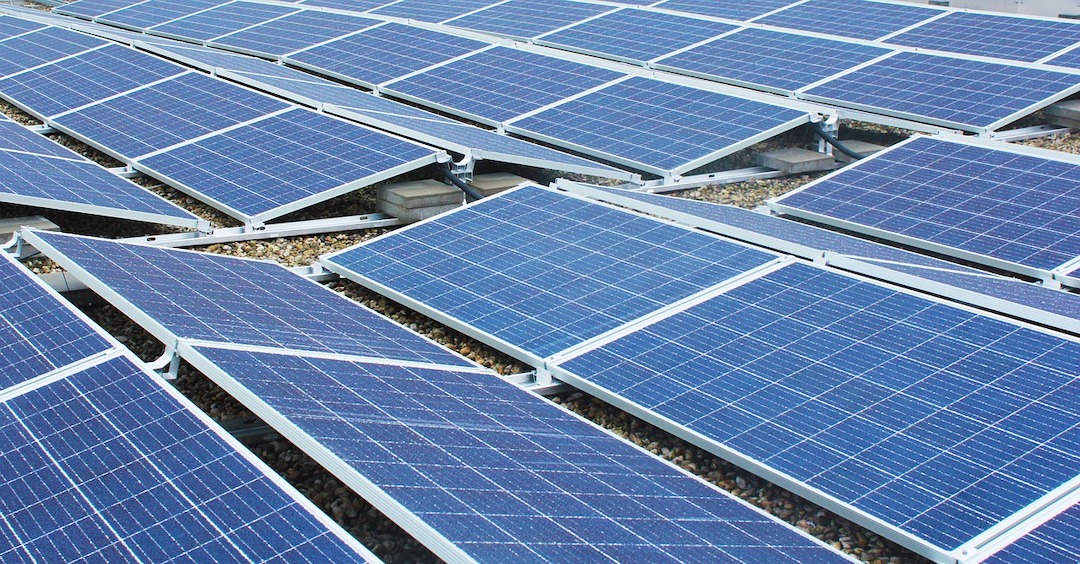There is significant popular support for community solar projects in the U.S., but opposition by utilities and some legislative restrictions are holding back their development.
Nearly 1,600 community solar projects, sometimes called “solar gardens,” are operating nationwide. Most are operating in Minnesota, Massachusetts, New York, and Colorado.
The Biden administration continues to support a $15 million Energy Department initiative to expand the number of solar gardens, particularly in low- and moderate-income neighborhoods. At the state level, though, where regulators set the power rules, interest groups are fighting over what defines community solar and who should generate it.
Utilities say having too many players could unravel regulatory structures that assure power grid reliability and warn of more disasters such as last winter’s deadly blackout in Texas. Some regulations, such as one in Minnesota that restricts ratepayers from subscribing to solar gardens only in their county or an adjacent one, have unintended consequences. The Minnesota rule means the heavily populated Twin Cities region has many potential subscribers but lacks space for gardens. On the other hand, rural areas have ample room for installations but fewer buyers for the energy.
Related Stories
Airports | Jul 18, 2022
FAA will award nearly $1 billion for airport projects
The Federal Aviation Administration (FAA) will award nearly $1 billion to 85 airports of all sizes across the country to improve terminals.
Building Team | Jul 13, 2022
The YIMBY movement emerges as valuable advocate for affordable housing
Over the past few decades, developers grew accustomed to nothing but staunch opposition to dense affordable housing project proposals.
Codes and Standards | Jul 12, 2022
USGBC sets out principles for LEED’s future
The U.S. Green Building Council recently published a report containing principles outlining how LEED will evolve.
Codes and Standards | Jul 8, 2022
Inefficient supply chains, outdated project delivery systems hamper construction investment
Constructing and justifying the cost of physical assets such as a manufacturing plant is much more difficult than it was decades ago, according to a report by Steffen Fuchs, senior partner with McKinsey & Company.
Building Team | Jul 7, 2022
Report explores improving architect/contractor relationship
A new study by the American Institute of Architects and the Associated General Contractors of America focuses on improving the relationship between architects and contractors.
Codes and Standards | Jun 15, 2022
Waived tariffs on solar panels expected to boost solar power
The Biden Administration recently waived tariffs on solar panels from four countries in a move advocates say will accelerate the clean energy transition and benefit national security.
Codes and Standards | Jun 14, 2022
Hospitals’ fossil fuel use trending downward, but electricity use isn’t declining as much
The 2021 Hospital Energy and Water Benchmarking Survey by Grumman|Butkus Associates found that U.S. hospitals’ use of fossil fuels is declining since the inception of the annual survey 25 years ago, but electricity use is dipping more slowly.
Codes and Standards | Jun 8, 2022
Florida Legislature passes bill requiring stricter condominium inspection
The Florida Legislature recently passed a bill to beef up building inspection requirements for many of the state’s condominiums.
Codes and Standards | Jun 7, 2022
FEMA launches National Initiative to Advance Building Codes
The U.S. Federal Emergency Management Agency (FEMA) has launched a new government-wide effort to boost national resiliency and reduce energy costs.
Codes and Standards | Jun 2, 2022
Guide helps schools find funding for buildings from federal, state government
New Buildings Institute (NBI) recently released a guide to help schools identify funding programs for facilities improvements available from federal and state government programs.

















